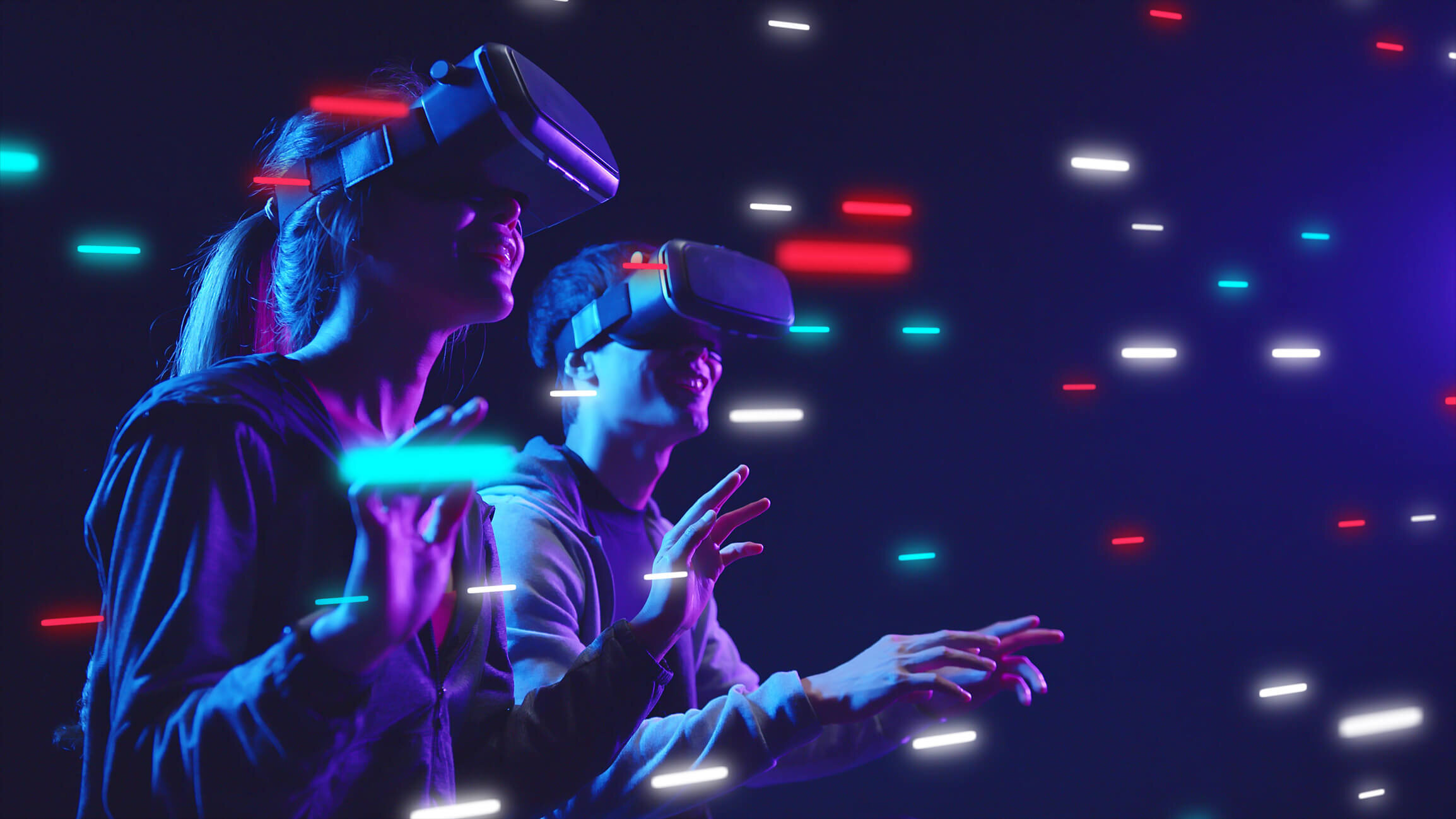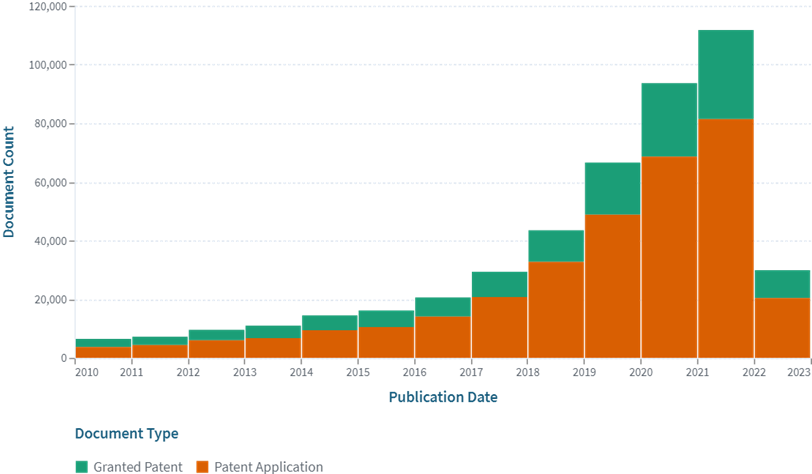
IP in the Metaverse: Creating Value from Your IP in the Virtual World

This article was first published in the Jul-Sep 2022 issue of the Asia Franchise & Business Opportunities Magazine published by Asiawide Franchise Consultants Pte Ltd.
About six months ago, I co-wrote an article on how businesses can get their money’s worth from intangible assets in non-fungible tokens (also known as NFTs), which was published in the Oct-Dec 2021 issue of this magazine. Now, NFTs, together with some other recent digital products such as cryptocurrency, are often associated with a new buzzword – the Metaverse – which I will share more about here, in part two.
What exactly is the Metaverse and what new opportunities does the Metaverse afford businesses who are looking to create value from their IP?
What the present Metaverse is and is not
The Metaverse may be thought of as a virtual world where people create a version of themselves in the form of avatars to interact with their digital environment, which may or may not be based on their actual environment. Through the control of an avatar in the Metaverse, I could go shopping to dress myself up in my favourite brand (or rather, my avatar is being dressed up), attend a concert by Singapore’s start-up Bandwagon[1], socialise and virtually dine at a restaurant, and even play a virtual game in which I might assume the role of a platform delivery staff who must complete all deliveries across the city timely and safely. Metaverse-enabling technologies, not unlike the next evolution of the Internet – often associated with the term “Web 3.0” – are designed to provide personalised user experiences (virtual), particularly social interactions within a virtual community.
It is not, however, all play and no work. The Metaverse of Nvidia, which Nvidia named “Omniverse” and is still a work-in-progress, is presented as a new simulated space that is ideal for both social interactions and technical work, particularly product design. Omniverse is envisioned as an integrated virtual place where product designers can socialise and collaborate to get the technical work done. A special technical feature of the Omniverse is that digital twins of products being designed in Omniverse are simulated to obey the laws of physics.
There are also commercial transactions to be made in the Metaverse. For example, a user may purchase a designer virtual bag and even a piece of simulated land property for development in the Metaverse for profit. However, given that the real-world utility of such virtual goods is inherently limited, whether these commercial transactions will continue to rapidly grow in diversity, volume and value is anybody’s guess.
At present, the Metaverse also suffers from fragmentation issues. The Metaverse is essentially fragmented and far from being one big virtual world that the term itself suggests. For example, we have the Roblox Metaverse and Sandbox Metaverse separately. Virtual goods that I purchase in one Metaverse platform may not be brought along when I “travel” to another Metaverse platform.
In short, the Metaverse holds much potential though it is still very much a work-in-progress, and more significant developments are needed before visions of the Metaverse can be meaningfully realised.
That said, commercialisation of IP has already started in the Metaverse, and IP owners are presented with both opportunities and hurdles whether they are seen coming or not.
Trade marking in the Metaverse
The Metaverse has offered new forms of products and services for users, and that has created more avenues for brand exploitation and marketing.
Many businesses have protected their brands through trade mark registrations covering various aspects of their brands. Generally, the scope of protection of a trade mark registration is limited by reference to the goods and services which are specified in the registration.[2] With the Metaverse, businesses can benefit from extending their brand protection to new forms of product and services intended for the Metaverse.
Case in point: Nike. Back in 1990, Nike obtained Singapore trade mark registrations for the Swoosh logo for footwear. Later, they were progressively extended to cover other physical products, such as clothing and headgear, and entertainment services, including organising community programs and providing training in the fields of sports. Seemingly with the Metaverse in their sights, Nike filed and just last month obtained acceptance for another Singapore trade mark application for the same logo covering various virtual goods and services. The goods and services that are of interest to Nike include:
-
Downloadable virtual goods, namely, computer programs featuring footwear, clothing, headwear, eyewear, bags, sports bags, backpacks, sports equipment, art, toys and accessories for use online and in online virtual worlds (Class 09)
-
Retail store services featuring virtual goods (Class 35)
-
Entertainment services, namely, providing on-line, non-downloadable virtual footwear, clothing, headwear, eyewear, bags, sports bags, backpacks, sports equipment, art, toys and accessories for use in virtual environments (Class 41)
Nike’s most recent extension of brand protection in Singapore suggests that they expect more local users of the Metaverse, which is a promising sign for other businesses to start mapping out plans for a Metaverse presence. Even if no virtual products or services are planned, as more users join the Metaverse, the Metaverse is likely to become one avenue for branding and marketing that many businesses cannot simply ignore.
Businesses who currently license the use of IP (from licensors) are similarly impacted by the Metaverse. In their case, the licensing terms should be reviewed for determining whether their Metaverse plans and activities are covered by the licences and whether an extension of coverage must be negotiated.
Terms of use of the Metaverse: My Metaverse, my rules
Before using the Metaverse operated by a platform provider, the user may be required to register an account and accept the terms of use offered by the platform provider on a non-negotiable basis. Before acceptance of the terms, it is important to carefully review them for anything that is not acceptable to the user.
Terms of use typically differ from provider to provider (sorry, no universal rules in the Metaverse) and may change without notice to users.
Let us next turn to Roblox’s terms of use for an illustration.
Generating new content in the Roblox Metaverse: Under Roblox’s terms of use of its Metaverse platform (8 May 2022)[3], a user who has generated new content in any Experience on Roblox’s platform (more on “Experience” is provided below) will grant Roblox “a worldwide, perpetual, royalty-free and irrevocable right and exclusive licence” (emphasis added) to exploit those content without charges. This IP licence is apparently broad enough to deprive the user of any right in exploiting his newly created content inside and outside of Roblox.
Developing new content for the Roblox Metaverse: Under the same terms, a user who qualifies as a developer of interactive content for the enjoyment of other Roblox users, which are referred to as “Experiences” in Roblox’s terms of use, is required to grant a narrower licence. Instead of an exclusive, perpetual licence for newly created content, such a developer will grant Roblox a non-exclusive, perpetual licence for all content for use in relation to the Experiences, whether newly created or pre-existing. The rights of the developer or creator to be attributed for his content, or to remove them from Roblox, are, however, restricted.
Notice how a mere word in the terms of use can make a considerable difference to the scope of an IP licence, and no platform provider is obliged to highlight any unfavourable terms to users.
Patenting your Metaverse-enabling technologies
The Metaverse is enabled by many innovations in technological fields, including blockchain, virtual reality (VR), augmented reality (AR) and artificial intelligence (AI).
My searches at a publicly accessible, multi-jurisdictional patent database for worldwide patent applications relating to these technologies turned up few surprises: These technologies are associated with an ever-increasing level of patenting activities and a considerable pool of patents.

This figure was generated from a patent search conducted on 10 May 2022 at the patent database at https://www.lens.org/. The search was conducted by using the following search string - in the Title, Abstract or Claims: blockchain OR "virtual reality" OR "augmented reality" OR "artificial intelligence" OR “metaverse”.
Usually, patentees are attracted by territories with large market sizes. But in the case of the Metaverse, which can be hosted for a global audience while physically operating out of servers located anywhere in the world, the relatively small size of the local market economy is practically no disadvantage for patenting in Singapore. On the other hand, Singapore’s attractiveness as a data centre host is an advantage.[4] With a Singapore patent, the patent owner can control any commercial use of the technology in Singapore.
The Metaverse is here – would you be aligning your business and IP strategy to create the most value from your IP in this virtual world?
IPOS International helps enterprises and industries use IP and intangible assets for business growth. To learn how you can leverage on your IP, book a complimentary chat session on your intangible assets with us today.
[1] Bandwagon is a next-generation music media company who has launched perhaps some of Asia’s first Metaverse concerts.
[2] An exception is a mark that is well-known in Singapore.
[3] Refer to https://en.help.roblox.com/hc/en-us/articles/115004647846-Roblox-Terms-of-Use. (Last visited on 8 May 2022.) Also see clause 10 of these terms of use.
[4] Refer to: https://www.businesstimes.com.sg/technology/singapores-stability-makes-it-attractive-as-data-centre-host



Book a complimentary chat with us to learn how you can leverage on your IP. test
Book IA Chat Session